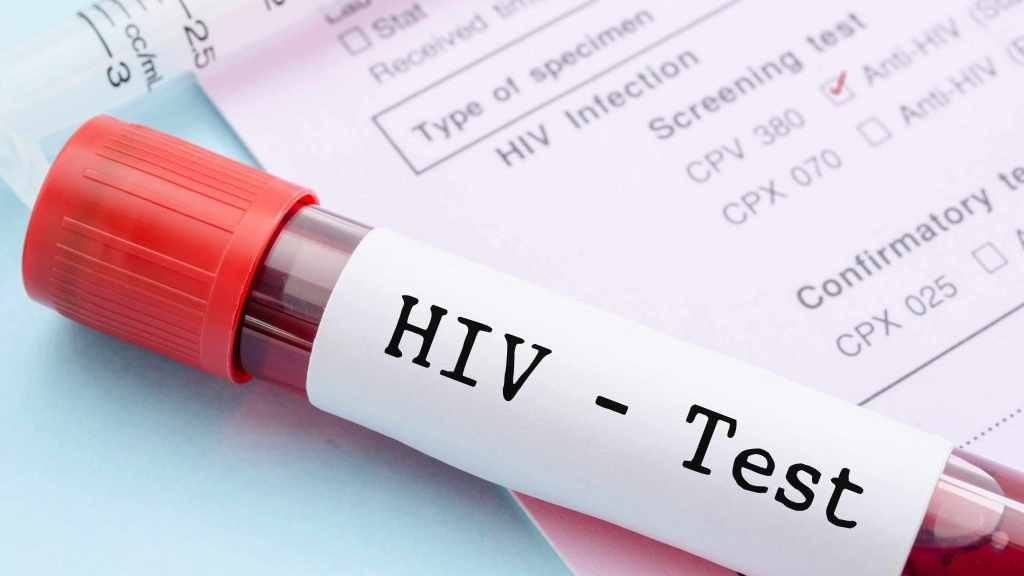
June 27 is National HIV Testing Day, a reminder to get tested and know your HIV status.
Many people who have HIV, the virus that causes AIDS, aren't aware they have it. Early diagnosis allows for early treatment options that may delay the progression to AIDS. The Centers for Diseases Control and Prevention (CDC) recommends all people 13 to 64 years be tested for HIV.
"Unfortunately, the number of new infections of HIV is still much higher than we would want it in the U.S. as well as other parts of the world," says Dr. Stacey Rizza, a Mayo Clinic infectious diseases physician and HIV researcher. "In fact, in the big picture, the number of new infections hasn't changed that much since the late 1980s."
Watch: Dr. Stacey Rizza talks about HIV testing.
Journalists: Broadcast-quality sound bites with Dr. Rizza are in the downloads at the end of the post. Please courtesy "Stacey Rizza, M.D. / Infectious Diseases / Mayo Clinic."
HIV tests can be performed at your health care provider's office, community clinic or pharmacy. No special preparation is necessary. Various types of tests are available. Talk with your health provider to find out which one is right for you.
HIV can be diagnosed through blood or saliva testing. Tests include:
- Antigen/antibody tests
These tests usually involve drawing blood from a vein. - Antibody tests
These tests look for antibodies to HIV in blood or saliva. - Nucleic acid tests
These tests look for the virus in your blood (viral load).
"Also very important is universal screening for HIV," says Dr. Rizza. "Many people have HIV, but they have absolutely no idea they're infected. By enforcing universal testing in the health care setting, we're able to identify infected people before they get sick, give them the medications to protect them, keep them healthy for long life, and prevent others from becoming infected."
For HIV to be transmitted, infected blood, semen or vaginal secretions must enter your body. The CDC says most people contract HIV from anal or vaginal sex, or sharing needles or other drug paraphernalia. No cure and no preventive vaccine are available. Medications can dramatically slow the progression of the disease, if discovered early.
"We know that if every single person on the planet who has HIV were diagnosed, linked to care, and on effective therapy, then the HIV virus would be gone from this planet in one generation. We know we can do it with these measures."
While people with HIV are living longer and better, thanks to improved treatments, challenges to stop the ongoing HIV epidemic remain, says Dr. Rizza.
"I still recommend strong public health measures; condoms for any new partners with any sex, including oral, anal or vaginal sex; and good education in our schools and in our communities on how to take PrEP (preexposure prophylaxis), use condoms and avoid HIV infection," Dr. Rizza says.
Read more: Forty years of HIV/AIDS: Will the epidemic end?
For the safety of its patients, staff and visitors, Mayo Clinic has strict masking policies in place. Anyone shown without a mask was recorded prior to COVID-19 or recorded in an area not designated for patient care, where social distancing and other safety protocols were followed.







